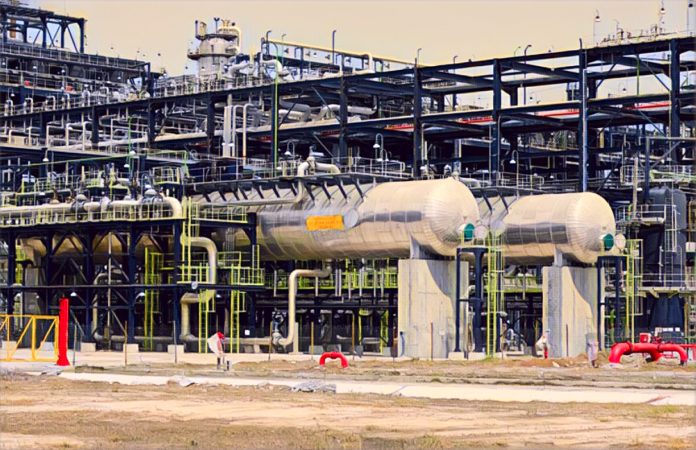KEY POINTS
- Dangote refinery marks one year of petrol output.
- Nigeria’s fuel queues ease after nearly five decades.
- Over 24,000 jobs expected from CNG truck rollout.
Nigeria’s fuel crisis an enduring feature of daily life for nearly half a century, may finally be ending.
Aliko Dangote, Africa’s richest man and head of Dangote Petroleum Refinery, said the country’s struggle with petrol queues, which began in 1975, has been resolved following the refinery’s first year of production.
Speaking in Lagos at the anniversary of the refinery’s petrol launch, Dangote recalled the risks and opposition the project faced. He said the 650,000 barrels-per-day facility, which began producing fuel in September 2024, had turned the tide. “We have been battling fuel queues since 1975, but today Nigerians are witnessing a new era,” he said.
Dangote refinery reshapes Nigeria’s petrol market
Before production started, petrol prices had surged close to N1,100 per litre. With output stabilising, prices in key states now average N841. Dangote said the rollout of compressed natural gas (CNG) trucks will help bring down costs nationwide.
The refinery has also exported 1.1 billion litres of petrol since June, providing foreign exchange earnings while meeting domestic needs. Dangote said the facility’s capacity ensures Nigeria can avoid imports that drain its reserves.
Jobs, wages and wider impact
Rejecting criticism that the refinery would displace workers, Dangote said it has created thousands of new jobs, including drivers, mechanics and fleet managers for its 4,000 CNG trucks. At least 24,000 roles are expected.
He said employees earn wages three times the minimum, with benefits including life insurance, health coverage for families, and lifelong pensions. “We have not displaced any jobs; we are creating many more,” he said.
Industrialisation as Nigeria’s future path
Beyond fuel, Dangote urged lawmakers to back industrial policies that protect local industries from foreign dumping. He warned against repeating the decline of the textile sector and called industrialisation the key to sustainable growth.
“Other nations were not industrialised by outsiders. We must build and industrialise our own economies,” he said. “Relying on imports means exporting jobs and importing poverty.”



